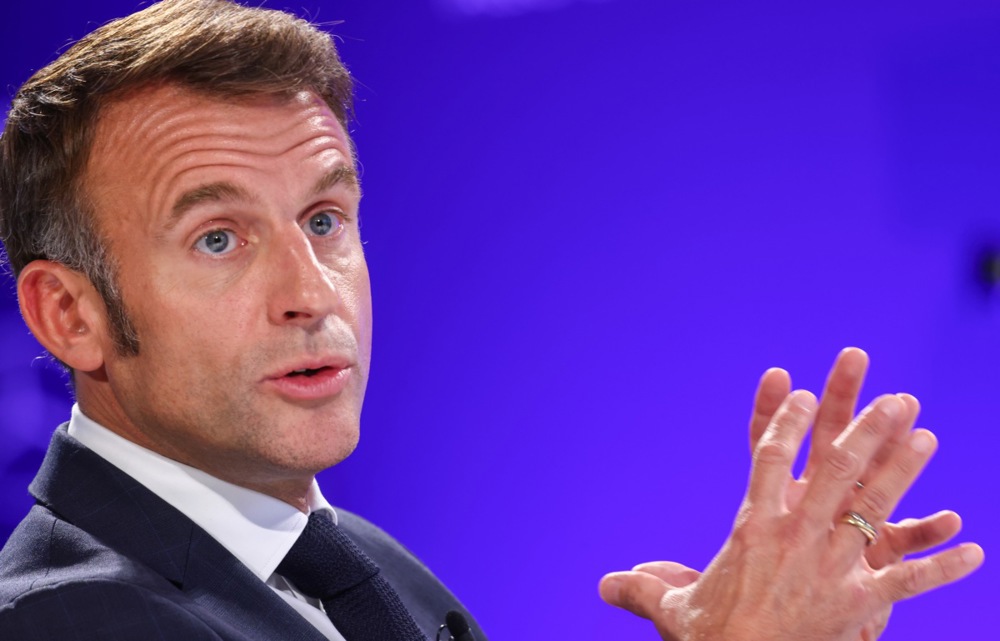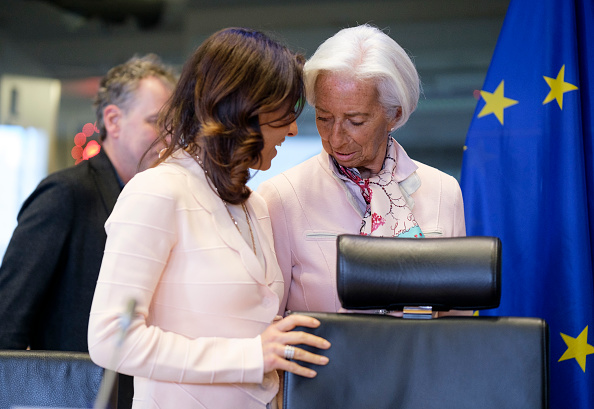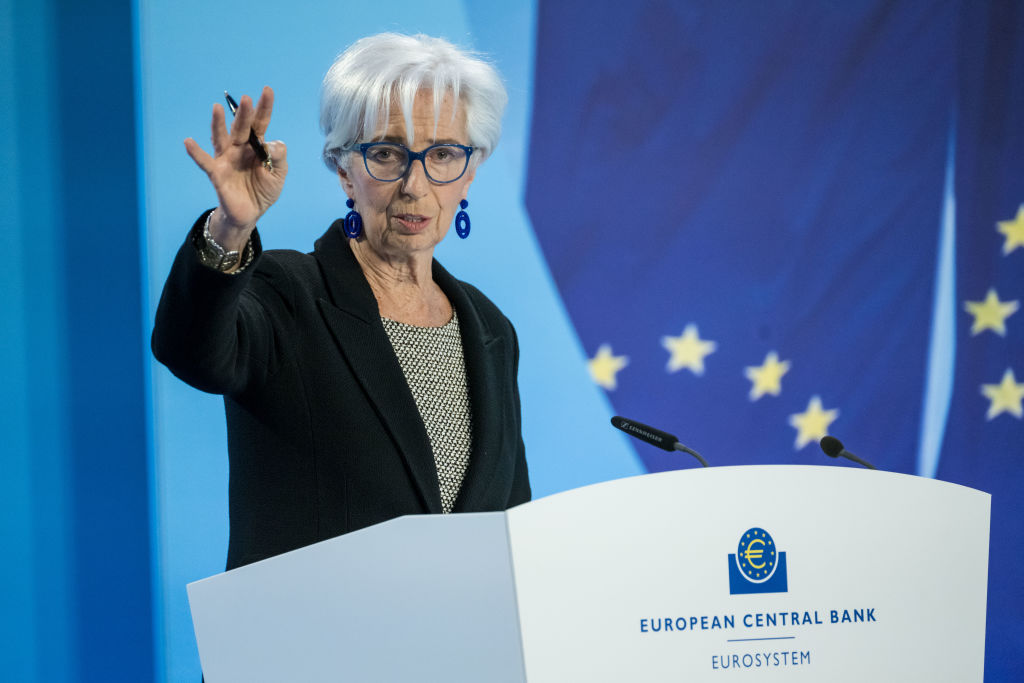The US dollar world-order is not going anywhere anytime soon, European Central Bank (ECB) President Christine Lagarde has claimed.
Lagarde also repeated warnings that the European Union economy was falling further behind China and the US, largely as a result of overregulation.
Speaking to Le Monde on October 31, she expressed doubt as to the viability of the proposed alternative international payment system floated by the BRICS intergovernmental organisation comprising Brazil, Russia, India, China, South Africa, Iran, Egypt, Ethiopia and the United Arab Emirates.
According to Lagarde, for such a payment system to be viable, another country would have to step up to provide a reserve currency — a role usually taken by the US and the dollar.
“China is preparing for this but is not yet ready,” she said.
“I probably won’t see the renminbi dethrone the greenback in my lifetime.”
The BRICS expansion should not be viewed currently as a new Cold War, but it does represent a moment of opportunity when the structures of world order have become malleable again and can be remodelled, writes @GElefteriu. https://t.co/YY5zX3qDuV
— Brussels Signal (@brusselssignal) August 25, 2023
Lagarde was less confident about the performance of EU markets, echoing criticism by her predecessor, Mario Draghi, that the bloc’s desire for regulation was holding it back.
She also highlighted what she said was the EU’s continuing problems with its labour force, as well as the spiralling cost of energy.
“It is a reality that Europe is falling behind and France, too,” she told the French media outlet.
“The energy factor is fundamental, particularly for data centres. The labour factor also comes into play, with mobility [for workers between companies] being much higher in the US. The issue of regulation is also essential.
“To oversimplify things, the US is developing artificial intelligence very rapidly and is already starting to see a number of major champions. Meanwhile, Europe not only has no major champions but it is a pioneer in the regulation of artificial intelligence.
“This is making players in this sector tell themselves: ‘Let’s do this somewhere else, it’ll be simpler and we’ll have fewer barriers and constraints,'” she added.
By contrast, she noted that US industrial policy was comparatively “light” regarding regulation, with Washington only really getting involved in the industrial sector to provide it with public funding.
Lagarde said private funding was also more easily accessible for companies in the US, pointing out that pension funds were used to turbocharge businesses via the stock market.
“In many European countries, we are still a long way from such mechanisms, notably share distribution or profit-sharing,” she said.
Lagarde argued that the EU should now look to accelerate the development of a joint “capital markets union”, allowing the bloc as a whole to take out loans to spend on businesses.
The creation of such a union appears uncertain, with German politicians from both the Left and Right having vowed to oppose the creation of joint EU debt for such purposes.
COMMENT: Europe today is a continent crumbling under the weight of massive overregulation and over-taxation, all of which drove voters to the Right, writes @nikedhi95. https://t.co/aaJvEePE56
— Brussels Signal (@brusselssignal) June 10, 2024





